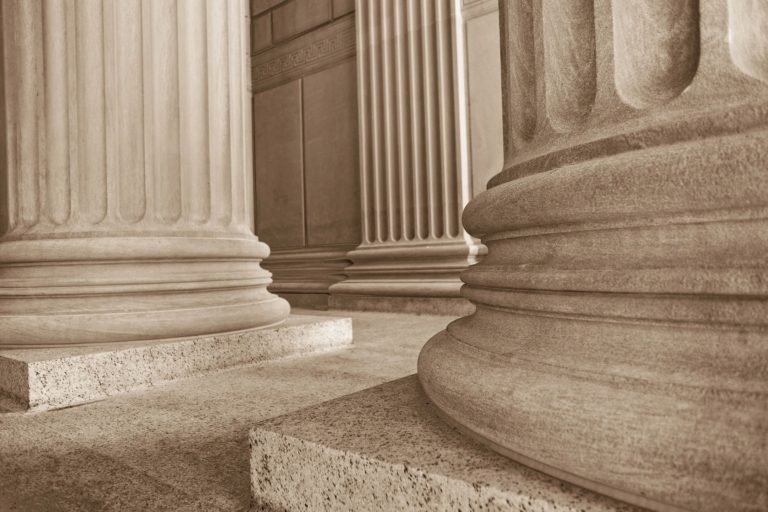A quarter of the entire U.S. population has a criminal record. When employers refuse to give a chance to a potential hire with a criminal background, they may be missing out on a good hire. Studies show that nearly nine in 10 employers require applicants to undergo a background check. When a criminal record comes up, the chances of a call back interview are reduced by 50 percent.
As a result, the unemployment rate among formerly incarcerated people in the United States is higher than at any other point in U.S. history, including during the Great Depression.
But some employers are aware of this and have established programs that give job seekers with records a chance at what’s called second chance employment.
It’s paying off for the business that use the programs. Research shows individuals with criminal records perform the same as, or better than, employees without criminal records.
Studies also show that second chance employees bring value to their organization that is as high as, or higher than, that of workers without records.
Second chance hires are more likely to be loyal studies show, and also have lower turnover rates, which saves companies money.
Risk assessment, rather than immediate dismissal from the hiring process due to a record, is better for determining who is suitable for the job.
The new programs also follow federal equal employment guidelines that dictate that applicants should only be excluded if and when their charge is directly relevant to the position they seek.
Overall, second chance hiring helps to break the cycle of economic hardship, poverty and incarceration. In a ripple effect, finances become more stable and communities stabilize, leading to a better local economy.
Second chance hiring starts with CEOs and their HR and talent management leaders and a recognition of the potential benefits.










